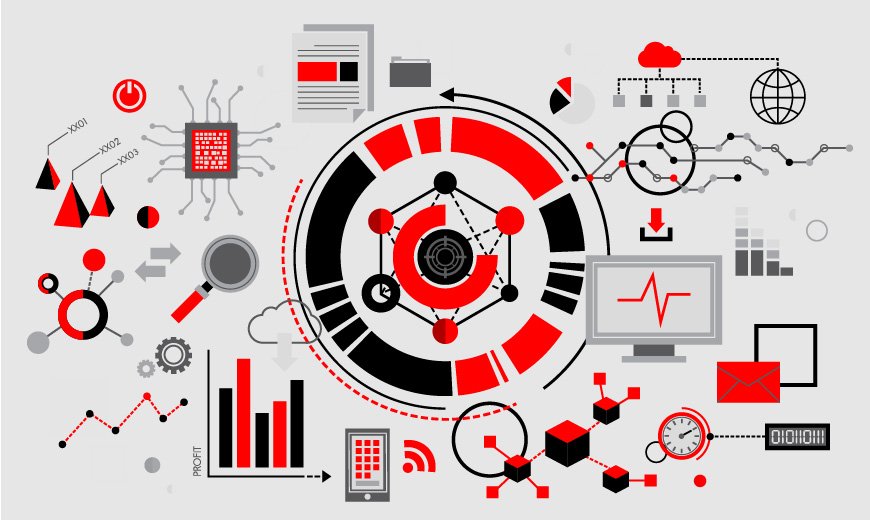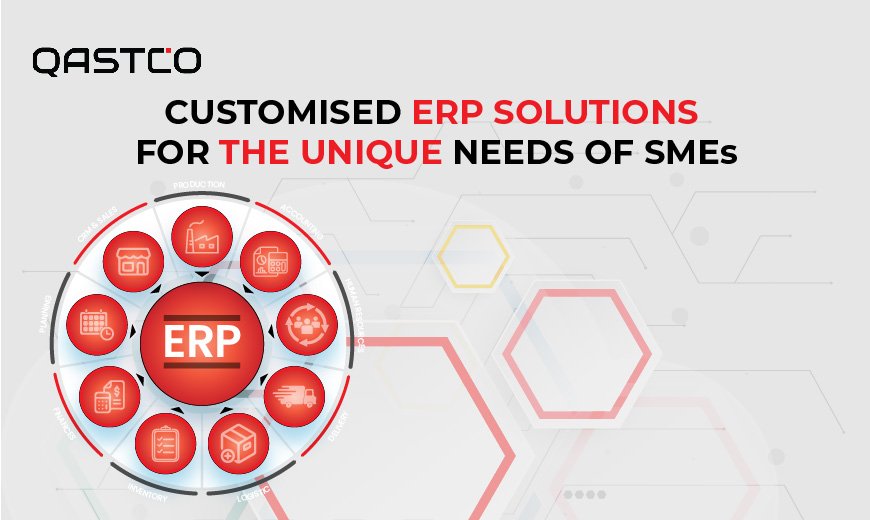ERP for SMEs is an important decision. The ERP service providers that serve the companies usually design this software according to full-scale multinational companies. These systems and software are then customised according to the unique needs of the SMEs. These needs can vary from business to business.
Observing the importance of SMEs, and the need for ERP for SMEs, ERP service providers have developed small businesses ERP solutions. Also, they have made it happen to implement customised ERP solutions for the unique needs of SMEs.
Well, there are many customised as well as small business ERPs available in the market. But important is what small businesses should consider before getting customised ERP solutions. It is because then they would be able to decide whether they have to go for the small businesses ERP or they have to get the customised version of ERPs made for large national or multinational organisations.
Customised ERP Solutions for The Unique Needs of SMEs.
Well, before jumping for the customised ERP solution for your business, a business should know what to do for opting for small businesses ERP. Here are some steps that businesses can follow:

Understanding Business Processes:
While starting to think about SME ERP implementation, businesses should first understand and analyse their business processes. Understanding business processes will make them able to know the ins and outs of their business.
By analysing the business processes, businesses will be able to know what are the key workflows that are the backbone of the business. What are the pain points and areas of inefficiency that they are going to address with small business ERP? Do they have to re-engineer the whole business process or any part of the business process for SME ERP implementation etc.?
Engage all the Stakeholders:
This challenge is also faced by organisations operating on national and multinational levels along with SMEs. In SMEs ERP implementation brings a great change in operations and processes. They need to engage all the stakeholders inside and out so that all are there when change is happening.
Also, businesses need to connect with departments and employees to understand their unique needs for the small businesses ERP. This will give the business an idea about the customization of ERP and which model to select for their needs.
Define Objectives for ERP Implementation:
SME ERP implementation should be based on clear objectives. SMEs have to do it because the objectives will help the business decide which small business ERP to implement, and how much customization is needed.
These objectives may include the improvement of production and operational efficiency, reduction in costs, enhancing data-based decision making, or streamlining the communication in the organisation.
Select the Modular Approach:
While going for small businesses, ERP implementation businesses need to select the ERP for SMEs that have a modular approach. The modular approach will enable the company to implement the modules of ERP that are currently needed. It will have the option to get more modules added as the need arises in the future.
Scalability of ERP:
While selecting customised ERP solutions for SMEs, businesses need to select the ERP software which can work with the stability of the organisation. The ERP software should not only be able to help the SME to scale but should also be able to embrace the changing business environment, adjust to the increasing scale of the organisation and the new features can be incorporated as needed.
Support and Training:
The SMEs should select the small businesses ERP that provide the proper training and support to the organisation. The customised ERP solution should provide the proper training to the employees, and it should provide support and upgrades as needed.
Customised ERP Solutions for SMEs
There are many customised ERP solutions available that are specifically customised and designed for SMEs. The ERP organisations that have full-fledged solutions, also provide customised ERP solutions for ERPs.
NetSuite, SAP S4 HANA, Sage Intacct, Microsoft Dynamic 365 Business Central, Acumatica, DELMIAW, SAP Business Once, Odoo, QuickBooks, SysPro, Epicor, and a lot of others are some customised ERP solutions that are available in the market for small businesses.
These ERPs for SMEs are specifically designed and developed to cater to the unique needs of small and medium enterprises. Businesses should consider the above-mentioned factors before going for the selection and implementation of small businesses ERP.
In short, customised ERP solutions for SMEs are the solution to many problems of the SMEs. These systems are not only able to manage but also can help the organisations to grow and achieve more. Businesses should consider some important factors like stakeholders, understanding processes, defining objectives etc. while going for small businesses ERP implementation.


Leave a Reply
You must be logged in to post a comment.